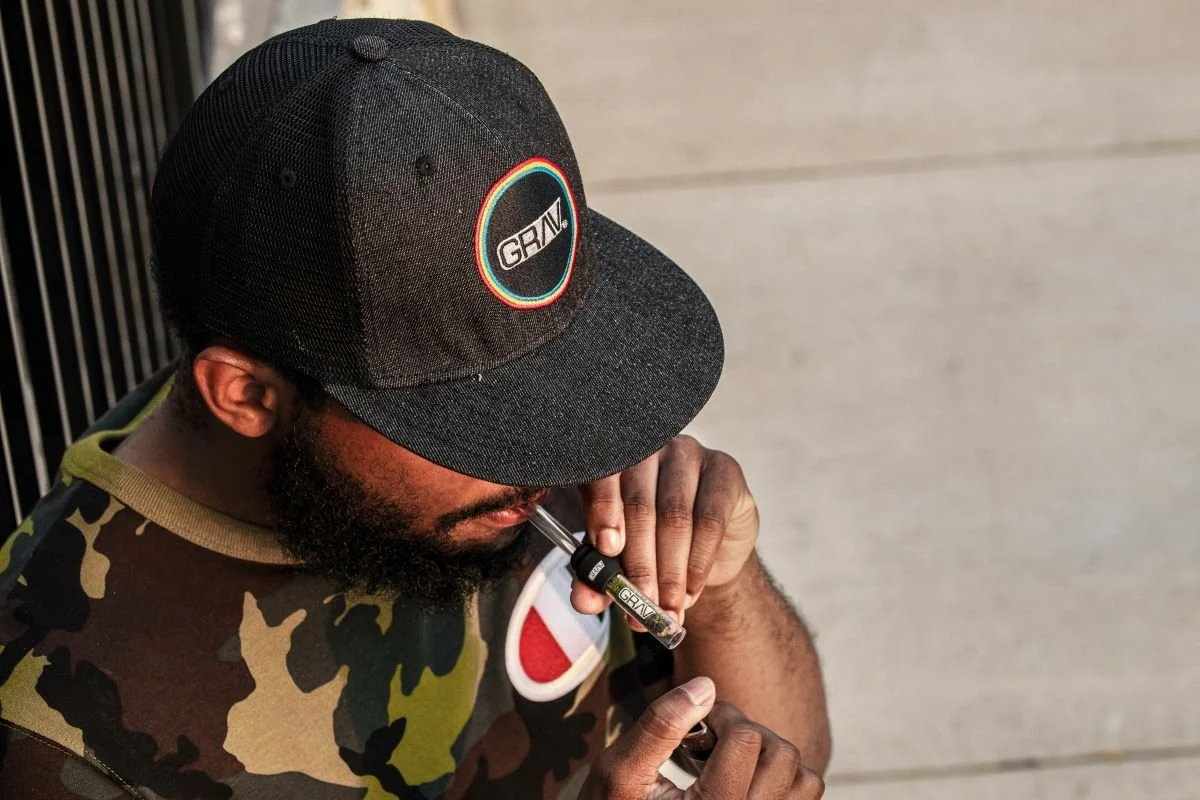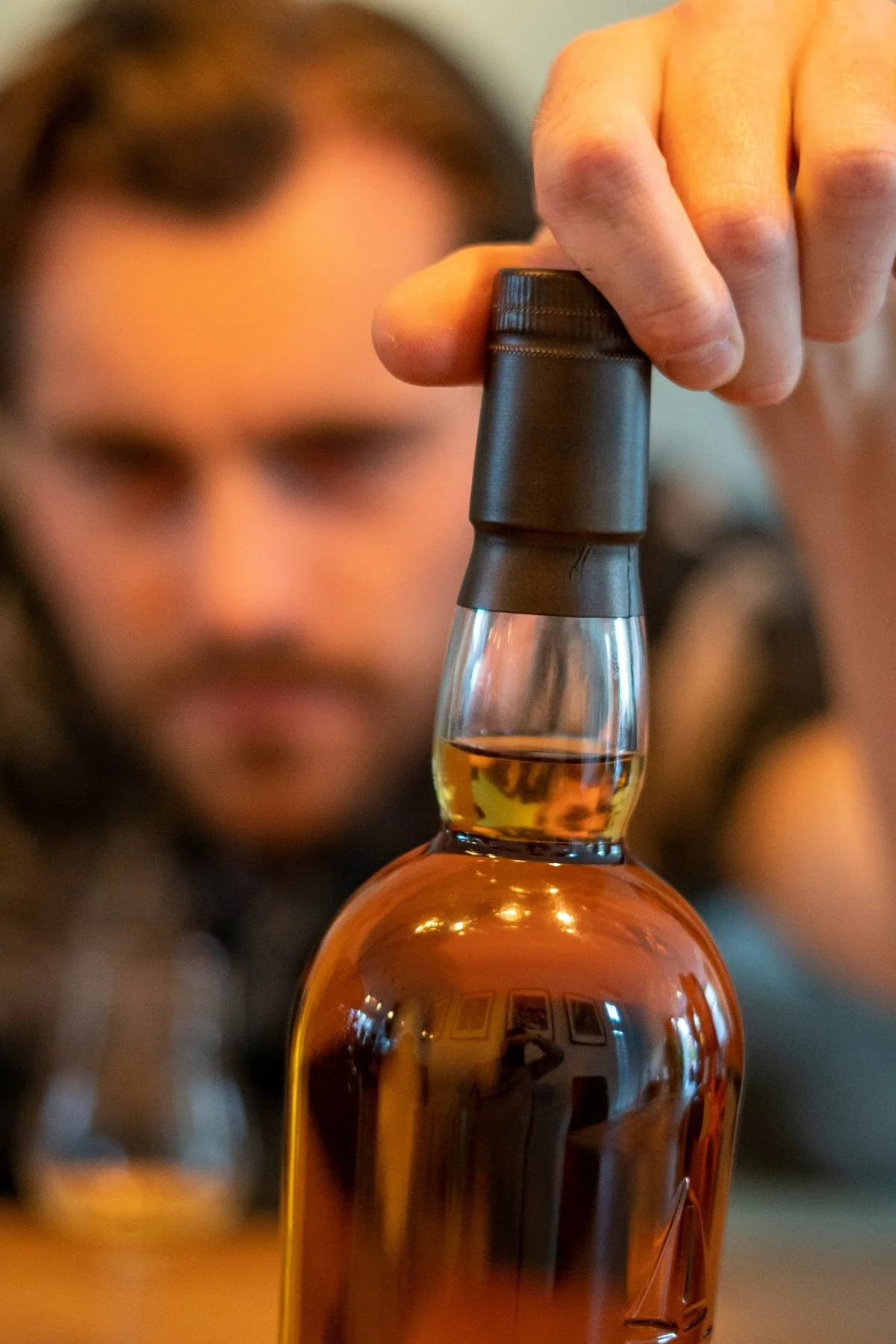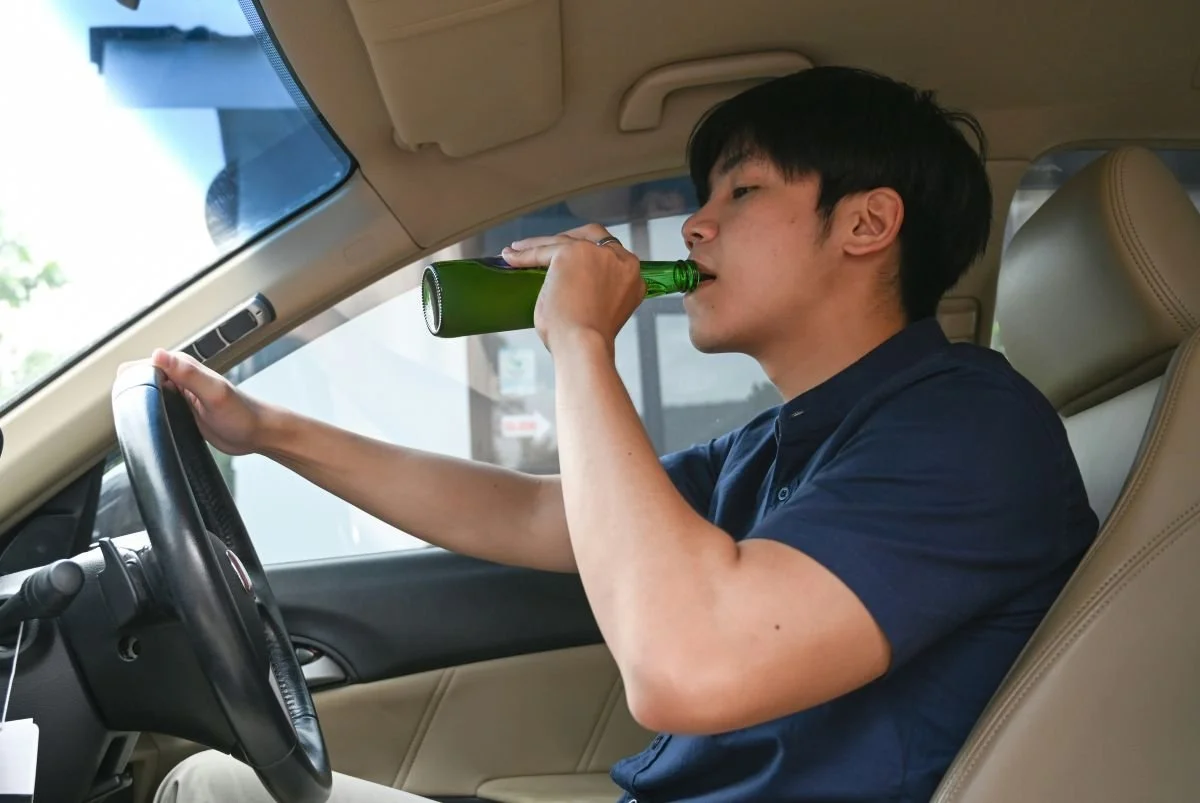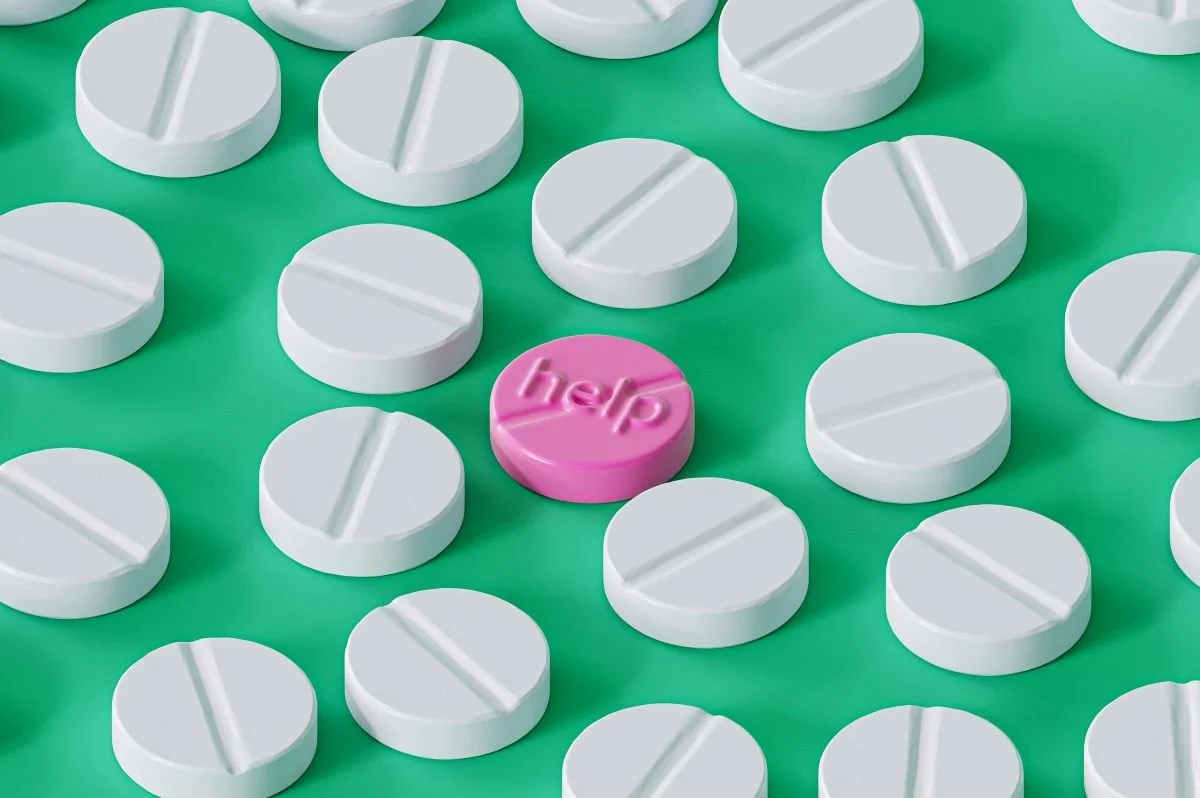
Addiction Disorder Treatment
Owl & Eagle Health and Wellness
Holistic Psychiatry, Psychotherapy, and Transcranial Magnetic Stimulation (TMS) in Golden and Denver, CO and serving Greater Colorado via telehealth
We offer expert diagnostic evaluations and cutting edge treatments for psychiatric conditions such as Autism, ADHD, Eating Disorders, and Addiction. Medication management, TMS, psychotherapy, nutrition, and more. Call us today and start your journey to mental wellness! 303-736-9697
Addiction
Drugs and alcohol are often glamorized in the media, yet their use can quietly destroy lives—damaging relationships, careers, health, and finances, and leading to legal trouble or even death. Addiction can develop slowly, and many don’t realize they’ve lost control until it’s too late. Substance use disorder occurs when people continue using despite the harm it causes, often alongside mental health conditions like anxiety, depression, PTSD, or ADHD. This combination increases the risk of serious consequences, including incarceration and suicide.
In 2022, 49 million Americans had a substance use disorder, but only 10% received treatment—and many programs fail to offer proven medications. Non-substance addictions, like gambling or social media, can be just as harmful, affecting mood, brain function, and daily life. We can help.
At Owl & Eagle Health and Wellness in Golden and Denver, Colorado, our team of board-certified psychiatric nurse practitioners and psychotherapists offer skillful and compassionate treatment for addictions. We will work with you to design a holistic treatment plan combining up to date psychiatric treatment including medications, psychotherapy, and evidence based integrative care. This holistic approach can effectively treat your addictions and any co-occurring psychiatric disorders, while helping you work toward optimal health and wellness.
If you would like to learn more about treatment for addiction at Owl & Eagle Health and Wellness in Golden or Denver, Colorado, Contact Us with questions or Book Now to schedule an appointment today. 303-736-9697
Addiction Q&A
What causes Addiction?
Addiction is caused by four main factors:
1) Genetics: Studies show that 40% to 60% of the vulnerability to addiction is attributable to genetics.
2) Trauma and psychological stressors: Adverse experiences such as poverty, violence, abuse, and discrimination increase risk for addiction.
3) Exposure: If you see important people in your life engaging in addictive behaviors, you are at higher risk for addiction yourself.
4) Brain Changes: Substance use cause reduced sensitivity in the brain’s reward system, which includes structures and networks involving dopamine. This is why people with addictions stop getting satisfaction or pleasure from regular activities, and why they need more and more of the addictive substance or activity to get the same effects. At the same time, when people abstain from addictions, stress related neurotransmitters including norepinephrine, corticotropin releasing factor, and dynorphin are activated. This causes an intensified reaction to stress, as well as withdrawal symptoms, leading to negative emotions and increased emotional reactivity. Addiction also causes “cravings” or intense feelings of desire to use. This is why it is so hard for people with addictions to stop.
What are the symptoms of Addiction?
Addiction involves the following symptoms:
- Using more frequently or for longer than intended
- Wanting to stop, but not being able to stop, or being able to stop but not being able to avoid starting again
- Spending increasing time or energy on the addiction
- Spending increasing time recovering from “hangovers” or after-effects
- Having cravings for or strong urges to use
- Experiencing problems in life, such as difficulty taking care of responsibilities like bills, or having trouble in school, at work, or in relationships due to using, but continuing to use anyway
- Neglecting friendships, romantic relationships, social engagements, or hobbies due to use
- Engaging in risky behaviors, like going into dangerous situations or interacting with dangerous people when using, or driving under the influence
- Continuing to use, despite the realization that using is causing emotional, physical, or legal problems
- Needing increasing quantity or intensity to get the same feeling
- Experiencing withdrawal symptoms, like anxiety, mood changes, sweating, shaking, GI distress, or other uncomfortable effects when abstaining
Accurate diagnosis can be essential to creating an effective treatment plan. The board certified psychiatric nurse practitioners at Owl & Eagle Health and Wellness have experience and expertise in diagnosing and treating all types of addiction.
What are the consequences of Addiction?
Addictions have many serious negative consequences. They cause mood changes, anxiety, erratic behavior, and loss of self-respect. They cause difficulty in relationships with friends, family, and romantic partners. They can cause problems in school, derail careers, damage finances, and ruin reputations. They can lead to additional health problems, accidents, injuries, and even death.
Substance use disorders frequently lead to trouble with the law. Over 1 million drivers are arrested for driving under the influence of alcohol or drugs yearly. Over 470,000 incarcerated people reported committing their crimes in the process of obtaining drugs, and about 1.16 million get arrested every year for the manufacture, sale, or possession of drugs. About 30-40% of all inmates who committed violent offenses such as child abuse, intimate partner violence, assault, rape, and murder were under the influence of alcohol at the time of their crime, and another 40% were under the influence of drugs.
Alcohol impairment causes 30% of all traffic-related deaths, and about 28 people die every day in car accidents involving an alcohol impaired driver. More than 70,000 people die annually from drug overdoses, and alcohol is even more deadly, directly causing 95,150 deaths per year. People with alcohol or drug dependence are 5-6 times more likely to die by suicide than non-users, and in those who also have a psychiatric disorder, risk for suicide is an astonishing 13-18 times higher.
The consequences of non-substance addictions are less dire, but these addictions are not entirely benign. In a study of people with smart phone addiction, 46% of participants suffered from depression, 70% from anxiety, and 14% from sleep disturbance. In a study of high school students with gaming disorder, approximately 33% had depressive symptoms and 20% had considered suicide. In those who gamed for 5+ hours per day, 38% of females and 25% of males had engaged in suicidal behavior. In a study of people with gambling addiction, 50% have had suicidal thoughts, and approximately 17% have attempted suicide.
How is Addiction treated?
Treatment of substance use disorder can include medically supervised detoxification (usually done in a hospital), partial hospitalization, residential treatment, and/or outpatient treatment. Medications can be used to relieve cravings, or to deter use by causing unpleasant symptoms or diminished “high” if drugs or alcohol are used.
Psychotherapy or counseling can help people understand the underlying factors that led to the addiction, the damage being caused by the addiction, and the benefits of stopping. Psychotherapy can also provide support in maintaining abstinence and in repairing damaged relationships. Peer support programs can also help. In people with both a substance use disorder and mental health problems, it is essential that treatment address both issues. In this situation, partial hospitalization and residential treatment should occur at facilities that offer “dual-diagnosis” programs. For those that do not require or have completed higher levels of care, outpatient psychiatric treatment can treat both mental health problems and substance use disorders.
Treatments for both psychiatric disorders and substance use disorder can include psychiatric and addiction medications, psychotherapy, and support groups. Treatment for non-substance addictions does not require abstinence, but works on developing strategies for controlling use and avoiding negative consequences.
Medications such as antidepressants and anxiolytics can be helpful. Specialized psychotherapy such as reality therapy, which encourages patients to focus on healthy activities in real life, can be used in the treatment of internet, social media, gaming, and smart phone addictions. Other non-substance addictions can be treated with cognitive behavioral therapy (CBT), dialectical behavioral therapy (DBT), acceptance and commitment therapy (ACT), and supportive and solution focused psychotherapy.
At Owl & Eagle Health and Wellness, our team of board certified psychiatric nurse practitioners use a holistic approach combining cutting edge medical treatments, psychotherapy, and integrative treatments to maximize treatment efficacy. We will perform a thorough diagnostic evaluation to identify addictions and any co-existing psychiatric disorders, and will develop a personalized treatment program that can include addiction medications, other psychiatric medications, psychotherapy, and integrative care such as nutritional guidance, vitamins, supplements, exercise, sleep hygiene, yoga, meditation, and breathwork.
Medications usually have very manageable side effects, and most resolve in the first weeks of treatment. Genetic testing can help identify which medications are more or less likely to be effective and well tolerated for you. Holistic treatment can help you achieve meaningful recovery from addiction, while improving your health, function and well being.
Please note: If you are dependent on alcohol, please do not stop abruptly without medical supervision. Alcohol withdrawal can cause dangerous and potentially deadly symptoms including elevated heart rate and blood pressure, hallucinations, delirium, and seizures. If you have stopped using alcohol and are experiencing any withdrawal symptoms (even if they are not yet severe), please call 911 or go to the nearest Emergency Room.
If you would like to learn more about psychiatric evaluation and holistic psychiatric treatment for Addiction at Owl & Eagle Health and Wellness, Contact Us with questions or Book Now to request an intake appointment today. Appointments are available either in-person in our offices in Golden or Denver, or via telehealth anywhere in Colorado. We look forward to meeting you!
Sources
https://www.ncbi.nlm.nih.gov/pmc/articles/PMC8119663/
https://www.ncbi.nlm.nih.gov/pmc/articles/PMC7955902/
https://pubmed.ncbi.nlm.nih.gov/10965975/
https://www.ncbi.nlm.nih.gov/pmc/articles/PMC8119663/
https://www.rgare.com/knowledge-center/article/non-substance-use-addiction-in-the
https://www.rgare.com/knowledge-center/article/non-substance-use-addiction-in-the-
https://www.hhs.gov/about/news/2023/01/04/samhsa-announces-national-survey-drug-
use-health-results-detailing-mental-illness-substance-use-levels-2021.html
https://drugabusestatistics.org/
https://www.alcoholrehabguide.org/alcohol/crimes/
https://nida.nih.gov/publications/drugs-brains-behavior-science-addiction/introduction
https://www.prisonpolicy.org/blog/2017/06/28/drugs/#:~:text=Almost%2040%25%20of
%20people%20locked,behind%20bars%20for%20seeking%20drugs.
https://drugabusestatistics.org/drug-related-crime-statistics/
https://bjs.ojp.gov/drugs-and-crime-facts/drug-use-and-crime
https://www.niagararecovery.com/blog/drug-related-crime-statistics
https://my.clevelandclinic.org/health/diseases/6407-addiction

“The principle of moving forward, as though you have the confidence to move forward, eventually gives you confidence when you look back and see what you’ve done.”
– Robert Downey Jr.




